Please fasten your belts!
Etherspot’s TransactionKit introduces new React hooks to simplify Web3 development
The latest announcement from Etherspot unveils a series of powerful additions to the TransactionKit: brand new React hooks.
The hooks, including useEtherspotBalances(), useEtherspotNfts(), useEtherspotAssets(), and useEtherspotHistory(), simplify blockchain integration.
Developers can effortlessly fetch balances, retrieve NFTs, integrate popular tokens, and access transaction histories.
TransactionKit streamlines the development process, saving time and effort for developers. With this toolkit, creating efficient and feature-rich decentralized applications (dApps) becomes a breeze.
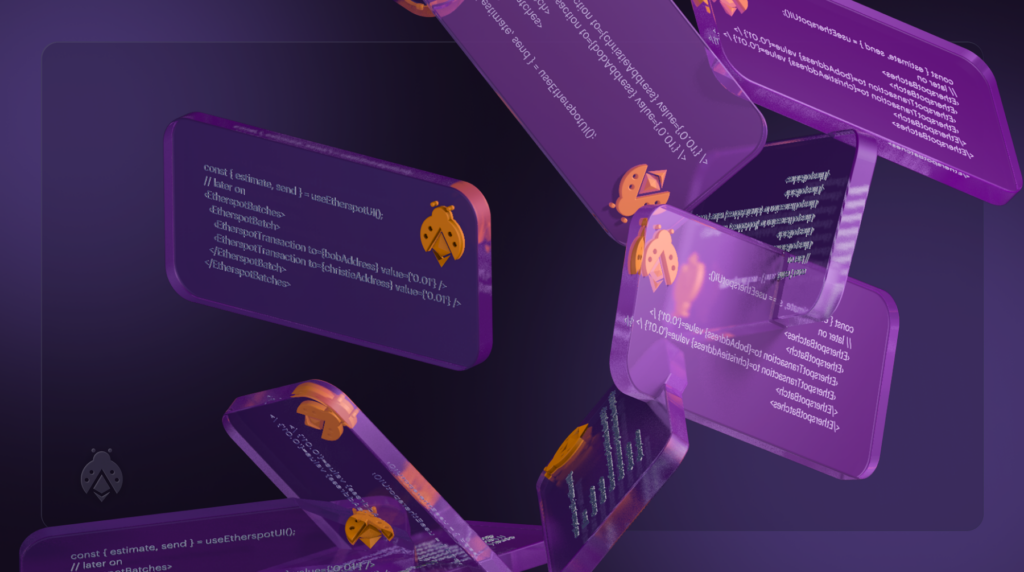
The Account Abstraction Debate
In a riveting exchange reminiscent of the famous 1990s debate between Linux founder Linus Torvalds and Computer Science professor Andrew S. Tanenbaum, a new discussion has emerged within the Ethereum community. Sogol, an influential figure in the field, and Yoav, a seasoned Ethereum researcher, engaged in a thought-provoking dialogue on the topic of account abstraction.
Account abstraction aims to implement arbitrary account logic within Ethereum, enabling direct user access without relying on third parties. Yoav expressed confusion about Sogol’s proposed model, particularly regarding off-chain operations and trusted MPC participants. Concerns were raised about replay protection and mass-invalidations overwhelming Ethereum nodes.
Sogol clarified that the model enhances replay protection using DVC, MPC, and cryptographic commitments. They proposed a rotational key management system for improved security. Detailed technical aspects, including MPC execution, secure communication, and ZK proofs, were discussed.
Yoav sought clarification on permissionless MPC nodes, independent user transactions, adding functionality, computational load, and protection against mass-invalidations.
Sogol acknowledged the differing perspectives and explained their combined MPC and account abstraction model. They mentioned forthcoming details and emphasized user control and privacy.
The Ethereum community eagerly awaited the outcomes, hoping for contributions from experts to shape the future of account abstraction. This discussion could lead to a paradigm shift, empowering decentralized applications and user autonomy.
Find the whole conversation here.
Safe Co-founder discusses the potential of Account Abstraction
Lukas Schor, the co-founder of Safe, discusses how account abstraction has the potential to revolutionize interactions between institutions and Ethereum.
In episode 21 of Hashing It Out podcast, Schor explains that AA enhances asset management processes and improves wallet recovery options.
Safe Wallet utilizes smart account features to create user-friendly wallets, enabling institutions to onboard easily. The platform allows multiple keys to control a single account, providing a significant security advantage.
Schor emphasizes the importance of account abstraction for decentralized autonomous organizations (DAOs), enabling ownership enforcement and coordination.
Additionally, he explores the potential of account recovery solutions, highlighting the benefits of hybrid custody.

Vitalik advocates preserving Ethereum consensus minimalism
Ethereum co-founder Vitalik Buterin has cautioned against burdening Ethereum’s consensus layer with additional functions beyond its core purpose of block validation and network security.
In a recent blog post titled “Don’t overload Ethereum’s consensus,” Buterin emphasized that utilizing Ethereum’s consensus for other purposes could pose significant risks to the ecosystem.
He advocated for maintaining the blockchain’s minimalism and discouraging attempts to extend its functionality, as each extension increases the fragility of the core system.
While Buterin acknowledged the need for improved oracles, he stressed the importance of evaluating each case individually due to their inherent differences. Expanding the responsibilities of Ethereum’s consensus, according to Vitalik, escalates the costs, complexities, and risks associated with operating a validator.
He urged caution regarding application-layer projects that risk expanding the scope of blockchain consensus, emphasizing preserving Ethereum’s minimalistic approach and exploring alternative security strategies.
The switch from proof-of-work to proof-of-stake consensus occurred in September 2022, with the recent release of staked Ethereum withdrawals in April 2023 amplifying the scrutiny on validator roles and network security.
OpenZeppelin about the impact of Account Abstraction on security and UX
OpenZeppelin has recently published a comprehensive report shedding light on the significant impact of Account Abstraction on security and user experience.
In the report, OpenZeppelin delves into the insights gained from their support in the launch of AA through incremental security audits. The aim is to provide developers with valuable guidance on safely leveraging the capabilities offered by the ERC-4337 standard.
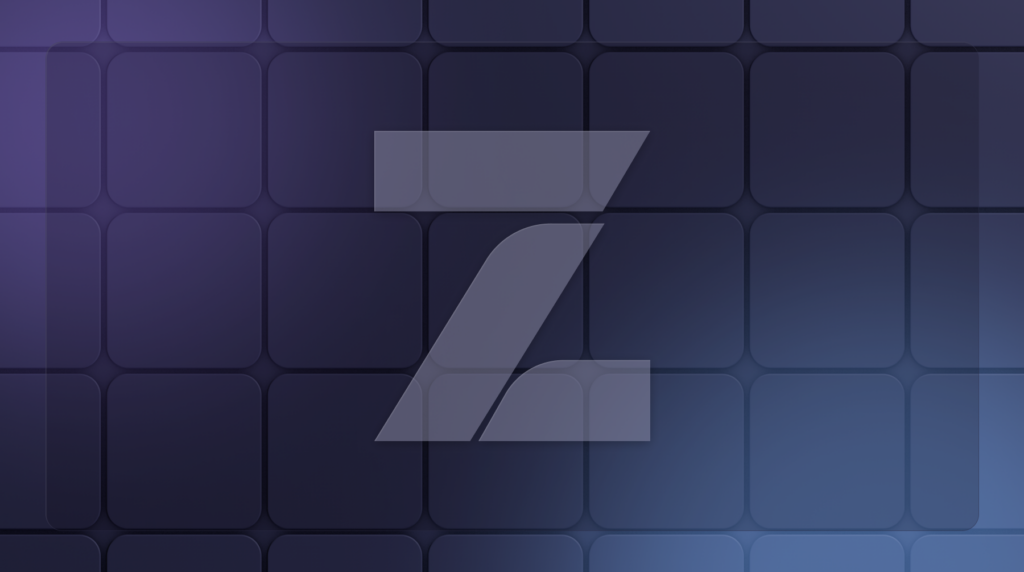
Account Abstraction opens up new avenues for smart contract developers, granting users gas-free experiences, biometric authentication, and social recovery features. However, OpenZeppelin emphasizes that these innovative advancements also introduce additional security risks that developers need to be fully aware of.
The report highlights the critical importance of ongoing security measures, including the implementation of OpenZeppelin Defender for effective security monitoring. This ensures the protection of deployed contracts against potential risk parameters, even for code that is deemed secure.
By shedding light on these key aspects, OpenZeppelin aims to empower Web3 developers to harness the benefits of Account Abstraction while effectively mitigating security challenges. Their insights and recommendations serve as valuable resources for those seeking to build secure and user-centric decentralized applications.
AA and payment systems by Financial Express
Financial Express recently published an article on the transformative impact of account abstraction in payment systems. With the digital payment market projected to reach $4.8 billion by 2025, AA has emerged as a game-changer.
The article highlights how AA revolutionizes payment gateways by prioritizing safety and security. Developers can use different authentication schemes, eliminating reliance on private keys and enhancing programmability in wallets.
However, the article notes potential safety concerns, especially regarding micropayments on gaming platforms. Additionally, the global fraud detection and prevention market, estimated to reach $182.66 billion by 2030, underlines the need for advanced solutions.
Despite skepticism about costs, experts are optimistic about the potential benefits. Financial Express concludes by emphasizing the transformative potential of account abstraction in reshaping payment systems for secure and user-friendly digital transactions.
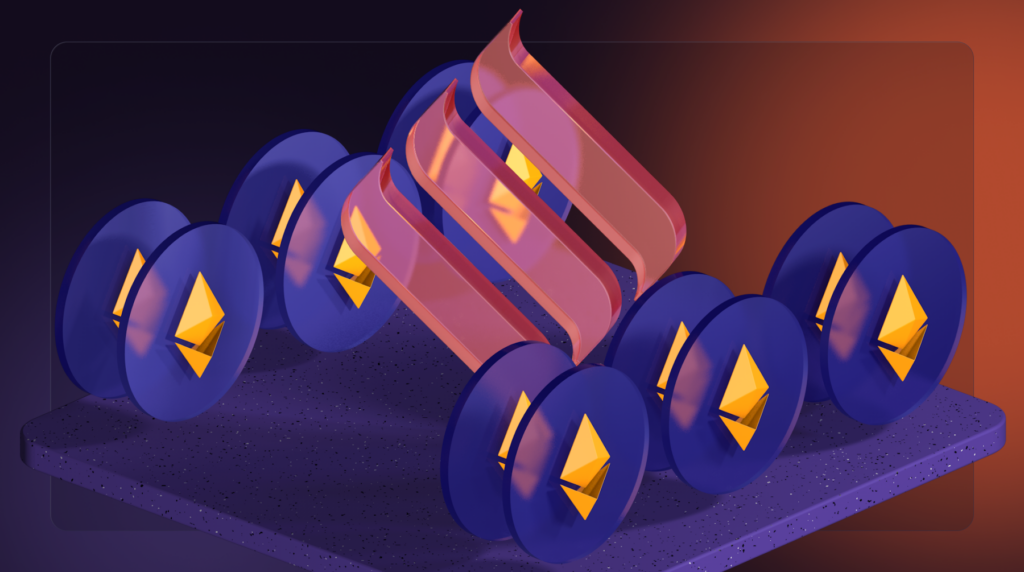
AA in Qtum
According to a recent article written by Qtum Foundation, Qtum, a blockchain platform known for its innovative features, has implemented an Account Abstraction Layer (AAL). It aims to bridge the gap between the UTXO and account models. The AAL enables the execution of Ethereum-compatible smart contracts on the Qtum blockchain, offering developers greater flexibility and ease of use.
By abstracting the underlying UTXO structure, the AAL allows developers to build and deploy complex smart contracts using the Ethereum Virtual Machine (EVM). This unique hybrid approach combines the security and processing benefits of the UTXO model with the familiarity and ecosystem of tools provided by the account model.
Qtum’s integration of the EVM ensures compatibility with existing Ethereum-based smart contracts, opening up a vast array of resources for developers. Additionally, Qtum supports QRC20 tokens, its equivalent to Ethereum’s ERC20 tokens, facilitating tokenization for governance and asset management purposes.
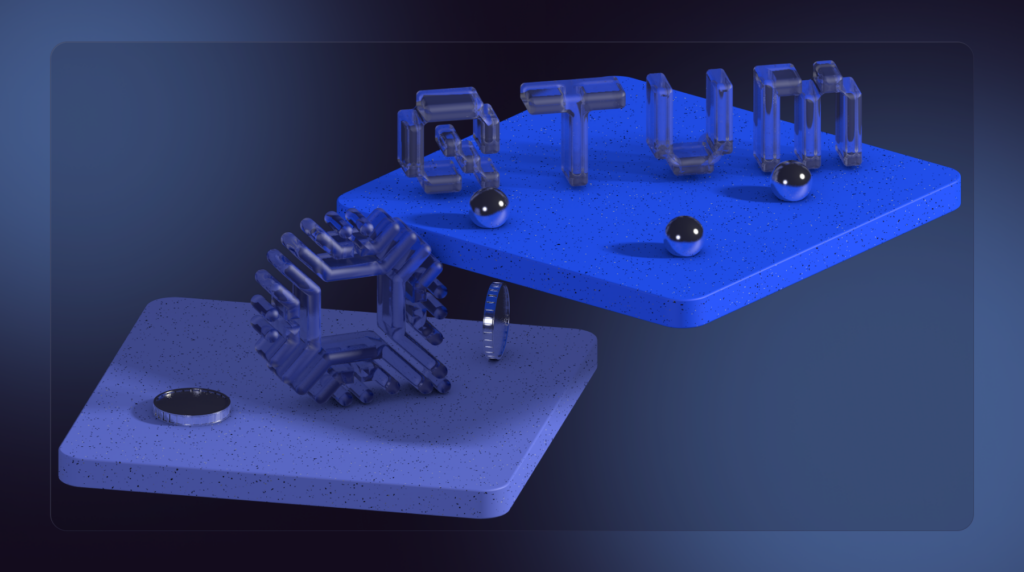
Openfort raises $3M for Web3 gaming wallet
Crypto startup Openfort has secured $3 million in seed funding for its “wallet-as-a-service” software aimed at game developers and publishers.
The funding round was co-led by Gumi Cryptos Capital and Maven 11, with participation from Game7, NGC Ventures, and Newman Capital.
Openfort aims to provide video game studios with a “frictionless” wallet technology that includes multiple APIs compatible with browser games, PC games built in Unity and Unreal Engine 5, and mobile game support.
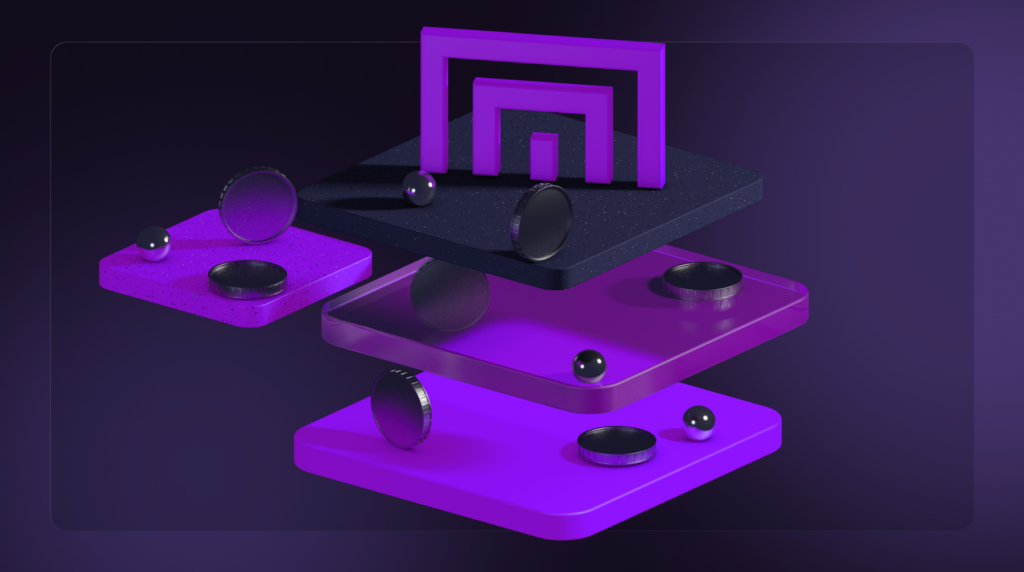
The company’s co-founder, Joan Alavedra, envisions a user experience where the complexities of crypto transactions are “abstracted” away using technology. Openfort’s approach to Account Abstraction, which allows smart contracts to initiate transactions without user approval, is seen by investors as a way to simplify and enhance the gaming experience.
The startup’s white-label wallet solution will enable game developers to customize the software and design their own user interfaces.
The wallet will support the Ethereum Virtual Machine, allowing transactions across various Ethereum-compatible networks.
Subscribe to Etherspot’s Everything About Account Abstraction Newsletter!
Start exploring Account Abstraction with Etherspot!
Listen to the latest Tech Talks Daily episode with Etherspot’s CEO Michael Messele. Neil C. Hughes and Michael talked about account abstraction, DeFi & DAOs.

- Learn more about account abstraction here.
- Head to our docs and read all about the Etherspot SDK.
- For a plug & play integration, review the BUIDLer react component.
- Explore our TransactionKit, a React library for fast & simple Web3 development.
- Follow us on Twitter and join our Discord.
Is your dApp ready for Account Abstraction? Check it out here: https://eip1271.io/
Get In Touch:
Website | Twitter | Discord | Github | Telegram
Powered by Etherspot
BUIDLer React Component | TransactionKit | Etherspot Dashboard | Pillar Wallet | AirdropMe

